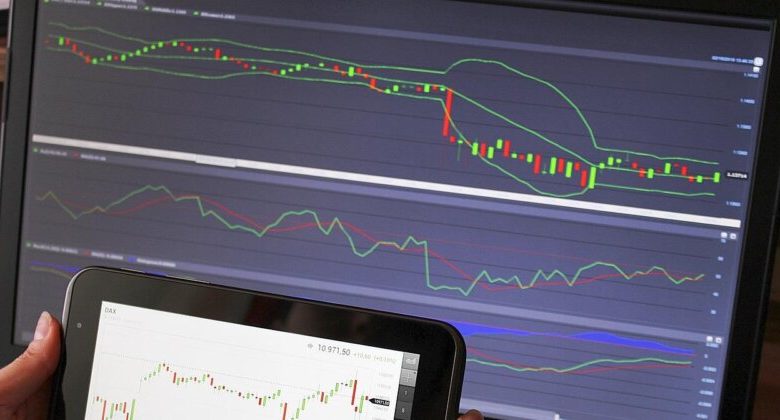Things To Know Before Getting Into Online Trading


For beginners, embarking on the trading adventure may seem too difficult. However, far from being a game of chance or a discipline for experts, investing in the financial markets is a matter of preparation. Here are the five key steps to start trading with peace of mind.
Train Yourself in the Basics of Trading
One of first-time traders’ biggest mistakes is jumping into the market with more knowledge. Before getting started, take the time to understand how financial markets work and develop a high-level economic culture to understand what moves the markets in the long term (growth, inflation, monetary policy). Then, learn the technical terms, such as short selling, order placement, derivative products, and volatility.
Online resources offer free and paid courses on investing and trading, which can help you understand critical concepts and avoid costly mistakes. Most online brokers also provide educational materials, webinars, and tutorials to help new traders get started. These courses guide you through the different financial instruments such as stocks, bonds, currencies, turbos, or warrants.
A practical trading course should also cover market analysis’s fundamental and technical aspects, two essential strategies for making informed decisions. Taking these courses can prevent significant losses.
Choose the Right Broker
Selecting the right online trading platform is essential for success. Many beginners are drawn to platforms with easy-to-use interfaces. However, more advanced traders know more is needed to keep their trading strategy profitable. Paying high brokerage fees is the surest way to lose money in the stock market, especially if you are day trading.
To cut down fees, choose the right broker. Avoid online banks and favor specialized platforms. Ensure you can access tools that help with decision-making, such as news aggregators and market analysis software.
Start Small and Use Risk Management
It’s tempting to go all-in, but taking baby steps is crucial. Beginners should start with less risky investments like index funds to gain exposure to the stock market. Once they feel ready, they should start with a small amount of money and gradually increase their investments as they gain more experience and confidence.
Many trading platforms now offer demo trading services using virtual money to simulate actual trades. This is an excellent way to practice without the risk of financial loss.
Once you’re ready to invest real money, focus on risk management. Set limits on how much you will lose in a single trade or a day. Stop-loss orders are great tools to help protect against significant losses. Proper risk management allows you to stay in the game long enough to learn and grow as a trader.
Have a Trading Plan
A solid trading plan will help you stay disciplined, even in volatile markets. Your plan should outline your financial goals, trading strategy, and the amount of risk you are willing to take. Many new traders fall into the trap of trading based on emotions, which can lead to impulsive decisions. A well-thought-out plan prevents this by keeping you on track.
Ensure that every move you make is calculated and aligned with your long-term goals. Here is how to create a well-thought-out trading plan:
- Set Goals: Define what you aim to achieve from trading. This can be specific profit targets or portfolio growth over a defined period. Ensure your goals are specific, measurable, attainable, relevant, and time-bound.
- Choose a Trading Style: Define your trading approach. There are many trading types, such as day trading, swing trading, position trading, and more. Choose which one is best for you based on your available time and risk tolerance. Your trading style should align with your goals and personality.
- Develop a Strategy: Your strategy should specify entry and exit points, risk management tactics, and position sizing. This may include using technical analysis tools like chart patterns or fundamental analysis such as company performance data.
- Track and Review Performance: Maintain a trading journal to document your trades, reasoning, and results. Regularly review this journal to adjust and improve your strategies.
Lastly, ensure your plan is adaptable. The market is constantly changing, and so should your strategy. Review and adjust your plan regularly to reflect your growing knowledge and experience.
Educate Yourself Continuously
Remember that trading is a skill that takes time to master. Even after you’ve developed a trading plan and started executing trades, staying updated on the latest market trends and strategies is essential. Follow financial news, attend webinars, and take online courses regularly. The more you learn, the better prepared you’ll be to execute successful trades.

Prepare and Start Small
Online trading can be profitable but requires preparation, education, and patience. Starting small and having a solid trading plan will increase your chances of success while minimizing losses. See it as a continuous learning journey, and know that those who commit to improving their skills are more likely to be rewarded in the long run.



